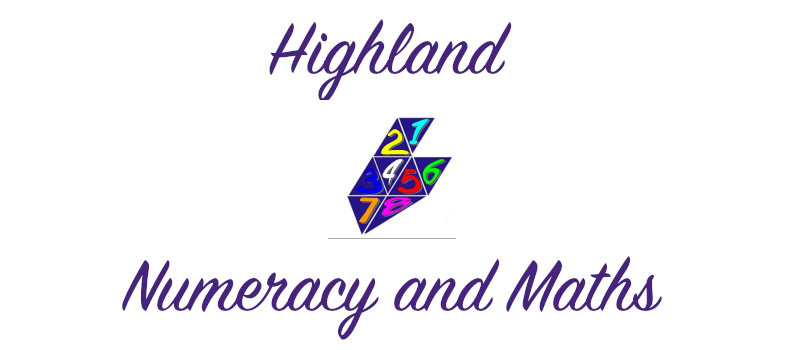8.2 Who should use the Digital Knowledge Assessments?
General guidance on who the digital assessments would and wouldn't be appropriate for is provided below:
Who could use the digital assessments?
- Pupils in approximately P4 and above who are working at at least First *.
- Pupils who, in general, are progressing as expected in maths but you want to use the assessment to support identification of gaps and next steps.
Who shouldn't use the digital assessments?
For these pupils, it would be advised that you carry out the knowledge assessments 1:1 which is the more common delivery method.
- Anyone who it is likely to have a negative impact on for example:
- Younger pupils
With younger, you will be far more likely to get more useful information by carrying out the assessment 1:1.
Younger pupils may find the nature of the presentation challenging and as such it may not provide an accurate reflection of their knowledge. - Pupils with maths anxiety or who struggle under pressure
Research suggests that for pupils (and adults) that experience maths anxiety, chemicals may be released from the brain which then inhibits them from answering questions when they feel anxious (this is a very simplified summary of the research).
This can be alleviated/overcome with appropriate teaching methodologies and support but exposure to a timed assessment is unlikely to help the issue and will more likely exacerbate it.
Carrying out the diagnostic assessment in a more relaxed 1:1 situation will most likely provide a better overview of the pupil's strengths and difficulties. You are still assessing knowledge but they may not feel so under pressure (this of course depends on the assessor and how the assessment is approached though). - Pupils who already have negative perceptions of maths or who may be likely to develop negative perceptions of maths as a result of the delivery in this way.
It should be noted that this in part comes down to the classroom, school and home culture and how maths is taught or viewed. Many pupils negative opinions of maths can be transformed through altering their learning experiences and widening their perceptions of the value of maths and the creative and intriguing elements of it.
The same would be true of the assessment itself, if pupils feel under pressure as see the assessment as a summative judgement of them, they are unlikely to receive it in a positive way.
On the other hand, if they view it as an opportunity to evaluate where they are and use it as a tool for learning, they may see it in a more positive light. - Pupils who have motor difficulties or a slow writing speed
The assessment progresses at quite a fast past and pupils with motor difficulties will be unlikely to keep up, even if they know the answers as knowledge. This will therefore not give you an accurate reflection of their knowledge and you would get better information if the assessment was carried out orally.
